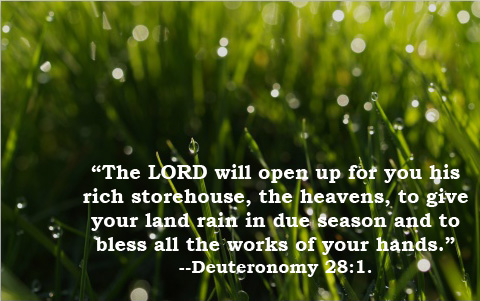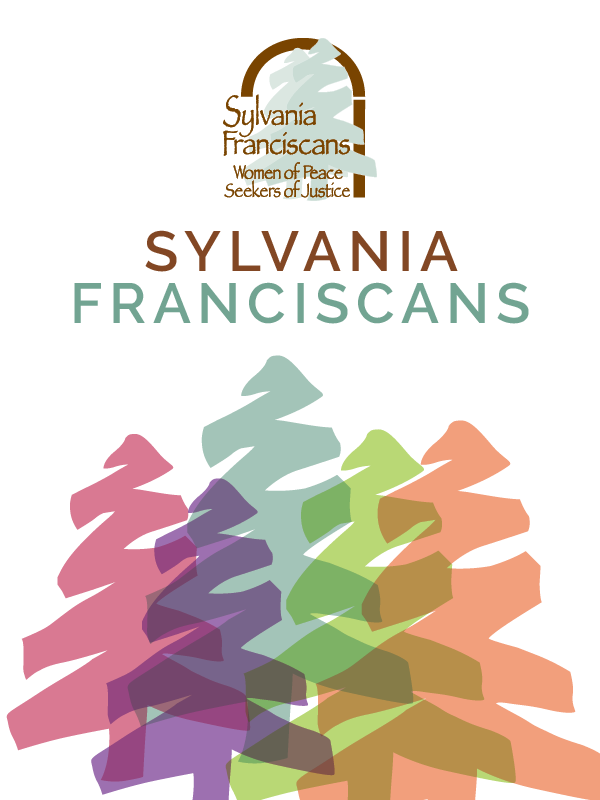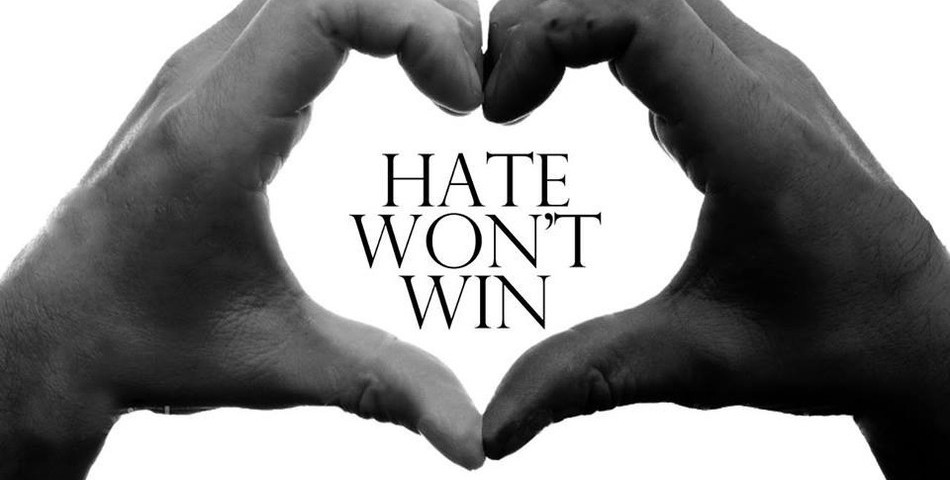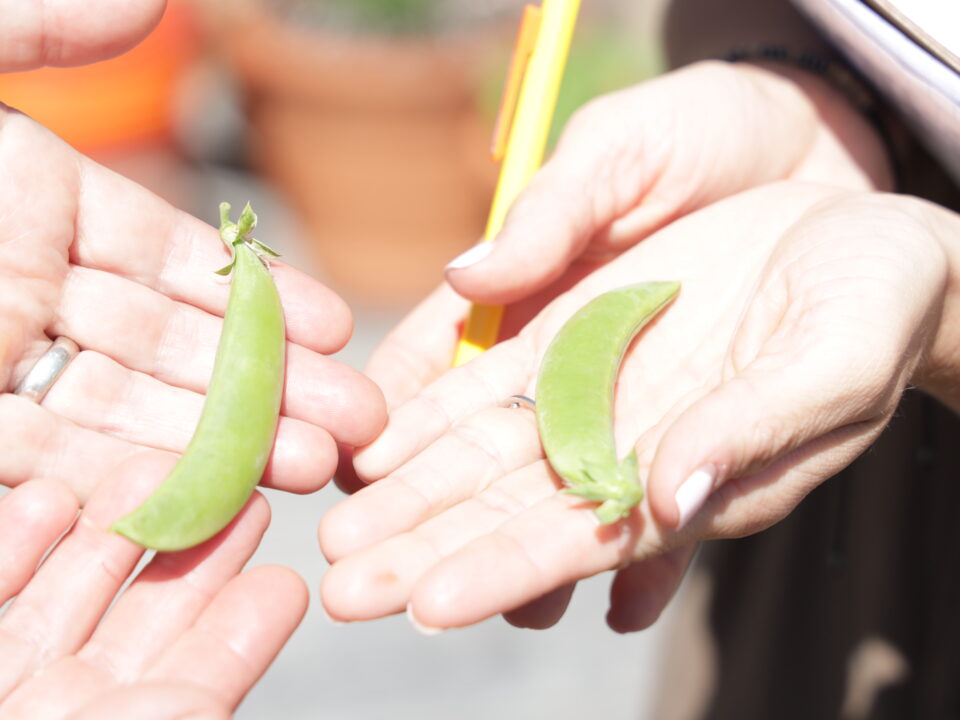
Rain is a blessing from God
July 17, 2015
Seek After Safety?
August 3, 2015By Sister Lois Anne Palkert, OSF
Expressions of regret and horror, prayer services and moments of silence across the country followed in the aftermath of the shooting June 17 at Emmanuel African Methodist Episcopal Church in Charleston, South Carolina. The rampage claimed nine lives as once again we, as a nation faced the grim, inexplicable spectacle of a mass slaying. The gun-man, a troubled 21 year-old, was filled with hostility rooted in racial hatred.
Making this attack even more difficult to endure is that it took place in a church, where violence in black churches has a long history.
“Persons burned churches,” remarked Rev, Teresa Fry Brown historiographer of the African Methodist Episcopal Church, “because they thought the congregation of blacks together meant that was ferment for some kind of revolutionary action.”
“The inside of any church is a sanctuary,” Robert Guglielmone of the Diocese of Charleston stated the day after the rampage. “When a person enters, he or she has the right to worship, pray and learn in a safe and secure environment. For anyone to murder nine individuals is upsetting, but to kill them inside a church during a Bible study is devastating to any faith community.”
“There is something heartbreaking about the death happening in a place in which we seek solace,” commented President Obama. “We seek peace in a place of worship. At some point we as a country will have to reckon with the fact that this type of mass violence does not happen in other advanced countries… with this frequency… and it is in our power to do something about it.”
Something is being done about it by N. Alana Simmons and her siblings. Their grandfather Rev. Daniel Simmons, a retired minister, was one of the nine shooting victims. Alana and her siblings are on a mission in honor of their grandfather and the eight other victims killed at Emanuel AME Church. The goal is: “Hate Won’t Win.”
Alana used those words when she addressed the shooting suspect Dylann Roof at his June 19 bond hearing. They are the words embraced by the Charleston community as its mantra.
The Simmons grandchildren are now taking the words to another level with the “Hate Won’t Win” challenge on social media. The challenge is simple: Do something kind for someone different than you. Go out of your way to speak to someone different than you. Post your story on social media. Follow the campaign on #HateWontWin.
In an interview by CNN’s Don Lemon, Alana explained: “All we’re asking you to do is to show an act of love to someone who’s different from you – someone of a different race, of a different religion, gender, even a different generation,”
“There’s no policy that the government can make to change somebody’s mind. We can’t change somebody’s mind and we can’t change their hearts with policies. We want to change people’s hearts and that’s how we intend on doing it, by getting the masses to participate in love.”
“Those killed at Emmanuel AME spoke love, they preached love, they lived in love,” Simmons said of her grandfather and the others who were killed. And now they are committed to spread love.
Catholic Health Initiatives, the group that manages the hospital where I minister, has a foundational commitment to creating a culture of nonviolence, encouraging behaviors that reinforce peace, including efforts to promote and use non-violent language. Many words and phrases can be perceived as violent or aggressive simply through tone of voice, non-verbal expressions or context of the conversation. Phrases like: “shoot me an email; plan of attack, hit the target are engrained in work settings. One of the goals of the campaign is to avoid the use of these words or phrases in daily routines.
To support CHI values and its commitment to creating a culture of nonviolence, directors at St Joseph Regional Health Center received a guide for the use of nonviolent language. The guide listed words or phrases that may be perceived as violent with peaceful alternatives. For example: rather than saying “Destroy the competition” a peaceful alternative “Do better than the completion”. “Dead in the water” “It’s over” “shoot me an email” “Send me an email”. Leaders were to review the guide, consider how to take a more peaceful approach to their work and the work in their department, then spend time talking with their team members to identify ways to foster a culture of nonviolence by promoting the use of non-violent language.
Awareness followed by action can make a difference. CHI along with the Simmons’ grandchildren believes we can and will do something about violence: Spread love, promote a peaceful culture at work, at home and in the community.







